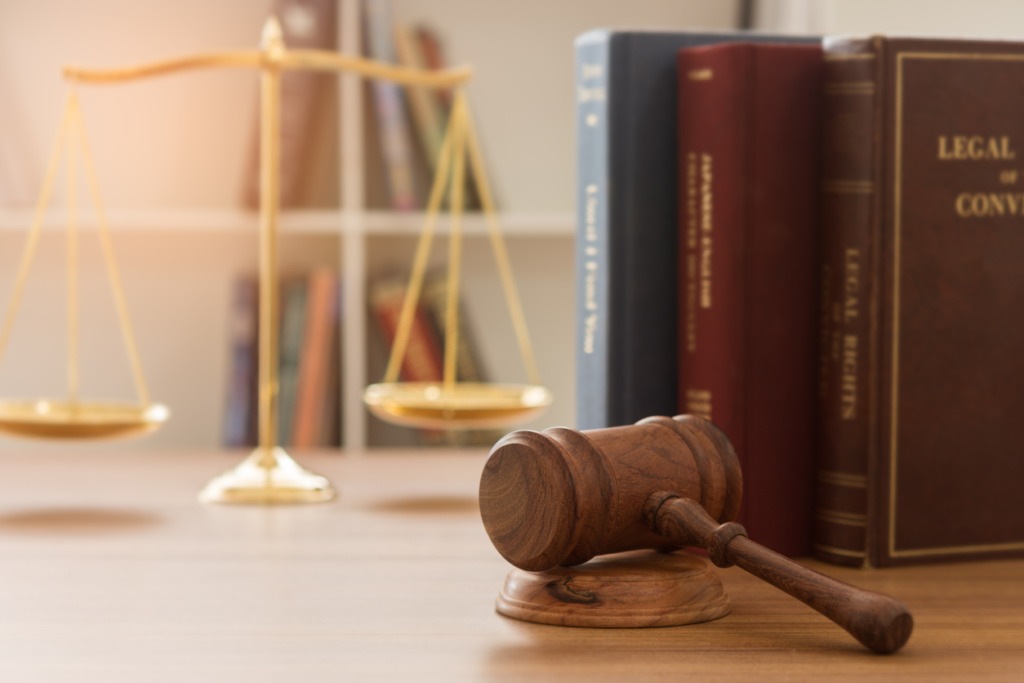When comparing the history of the United States of America with most countries, our nation has a relatively short timeline. Although it is regarded as a model for democracy, segments of Americans have struggled throughout the years for rights that should not be taken for granted under the Constitution, which is prefaced by the Preamble that states:
“We hold these truths to be self-evident, that all men are created equal, that they are endowed by their Creator with certain unalienable rights, that among these are Life, Liberty and the Pursuit of happiness.”
It seems to me that the reason equality has not been realized by all is that throughout our history, the tendency to misconstrue what constitutes a person has kept us from realizing what should be self-evident.
For centuries, people whose skin color was and is not white have been perceived as less than human. When it came to voting rights, both women and Blacks were considered intellectually inferior to their white male counterparts, who denied for centuries their voice in a government that boasted it is “of the people, by the people and for the people.”
Over time, many such erroneous perceptions were corrected by law — though not fully embraced in practice — even as another distortion of what constitutes equal rights for all was promulgated when abortion was legalized. With a solitary verdict, justices of the Supreme Court decided that the rights of an infant in utero (referred to as a fetus to avoid any hint of its humanity) were inconsequential compared to the will of the woman in whose body it was conceived.
With protestors on both sides of the abortion issue, decisions once again are pending before the Supreme Court. Although the decision of the justices will not overturn Roe v. Wade, favorable rulings toward the laws in Texas and Mississippi will make abortions less available, thereby lessening the number of infant lives lost in abortion clinics.
The current ruling regarding the law in Texas will not be decided until April, but given the resistance on the side of abortion advocates, I suspect that if Roe v. Wade is eventually overturned, pro-abortion activists will not go quietly into the night.
We only have to look at current racial inequality, the rise of white supremacy and neo-Nazism, and efforts to disenfranchise voters who are on the margins of society to understand that changing hearts is far more difficult than changing laws.
While a segment of the population may celebrate the change of laws that aim to end discrimination based on ethnicity, gender, religion or viability before birth, there will be an opposite and seemingly equal number of people who will take to the streets protesting such laws. This is not meant to suggest that legal recourse in righting such wrongs is futile or not to be pursued, but it should remind us of the limitations that human effort alone can affect. When it comes to changing hearts, human effort can bring about comprehensive and inclusive change only through the power of God’s grace. Therefore, we need both. The partnership instituted by God with humanity is evidenced throughout Scripture.
Although God doesn’t need our help, the fact that he has given us free will should convince any believer that we image our Creator best when our will is united with the will of God. We are able to do this only when we unite our works with his grace through prayer and, yes, through fasting.
Before Jesus began his public ministry, he entered the desert to spend time in fasting and prayer. When the apostles were unable to cast out demons in a man’s son, Jesus reminded them that some demons can only be cast out through prayer.
Another important leverage is fasting. One of the people who heads up the “Right to Life” effort in our parish suggested that along with prayer, we commit to a simple fast every Monday from now until the Supreme Court hands down its decision. He explained that a simple fast means abstaining from alcohol and dessert; we could also abstain from meat. It’s really a very small sacrifice, and yet when our self-discipline is united with and done in communion with Jesus on the cross, the effects can be monumental.
We may never know how our prayers and sacrifices affect the decision of those considering abortions, but if we believe in the power of the cross, then we can be confident that prayer and fasting in union with the Body of Christ can change hearts and minds, one decision and one miracle at a time.
Barbara Hughes is an author, retreat facilitator and spiritual guide. She lives in Virginia Beach and can be reached at [email protected].

